Author: Tjarda Muller
-
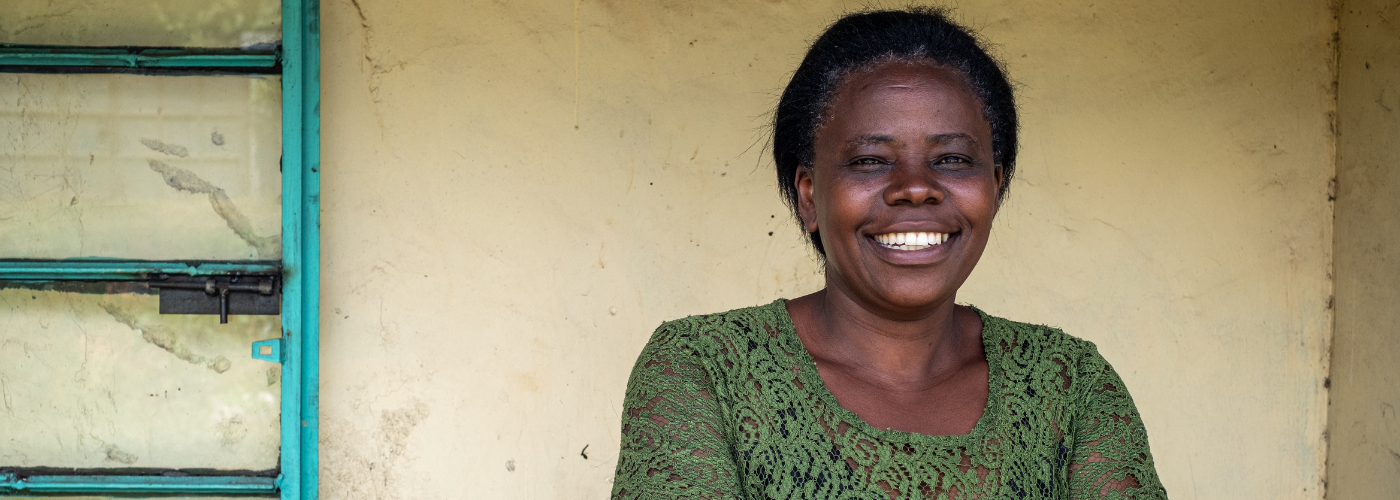
Gender and Energy Innovation Facility – Kenya
To bridge the gender gaps throughout the energy supply chain and in decision-making groups, ENERGIA, EnDev, Modern Energy Cooking Services (MECS), Hivos and the Swedish International Development Cooperation Agency (SIDA), launched the Gender and Energy Innovation Facility in July 2020. The facility aims at developing, testing and evaluating innovative approaches to address the persistent gender…
-

Gender and Energy Innovation Facility – Tanzania
To bridge the gender gaps throughout the energy supply chain and in decision-making groups, ENERGIA, EnDev, Modern Energy Cooking Services (MECS), Hivos and the Swedish International Development Cooperation Agency (SIDA), launched the Gender and Energy Innovation Facility in July 2020. The facility aims at developing, testing and evaluating innovative approaches to address the persistent gender…
-
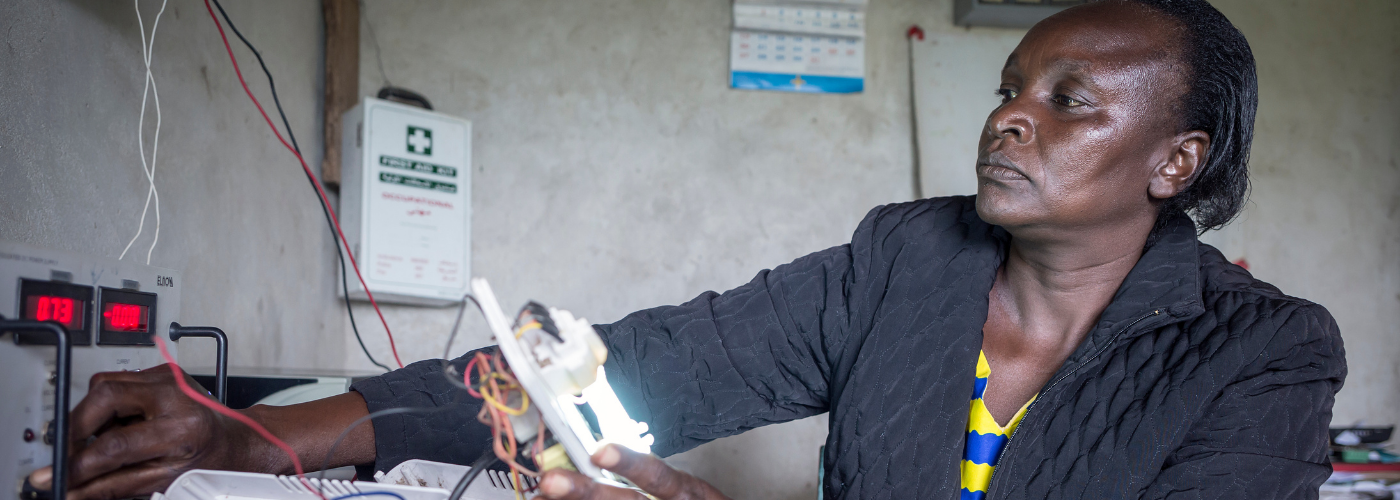
Innovative approaches to close the gender gaps in energy in Kenya, Tanzania and Nepal
A partnership among various donors supports eleven organizations in Kenya, Tanzania and Nepal to pilot their innovative idea. These pilots will all address persistent gender challenges in energy access, use, provision and transition. Worldwide, 760 million people still lack access to electricity. Another 2.6 billion (ESMAP, Tracking SDG 7. The energy progress report 2021) still…
-
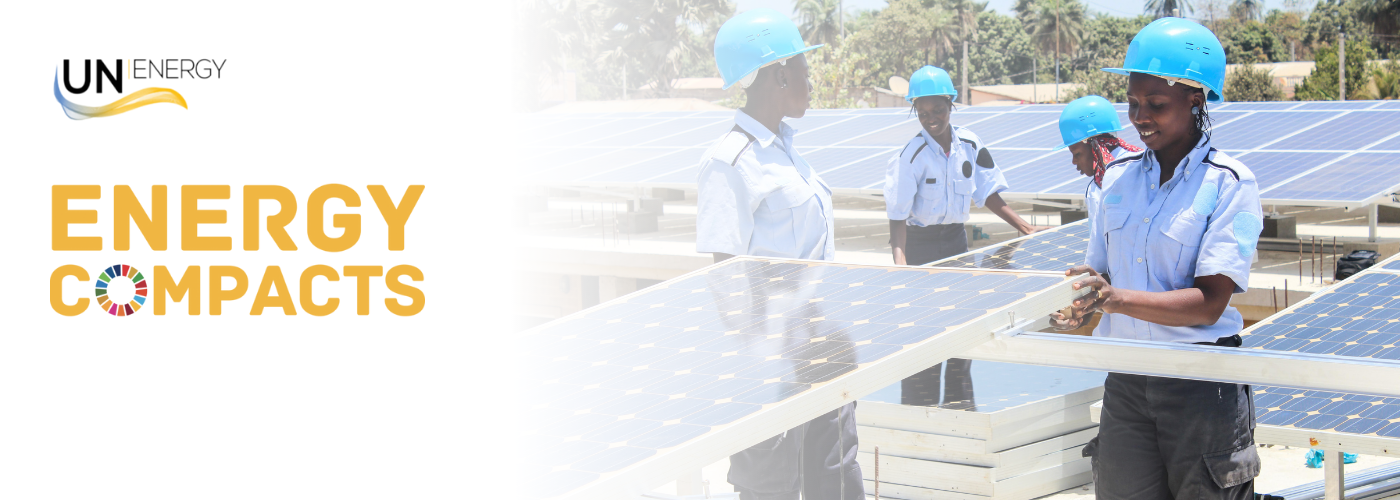
Ample coalition launches Gender and Energy Compact
Today, a coalition, initiated by ENERGIA, Global Women’s Network for the Energy Transition (GWNET) and the United Nations Industrial Development Organization (UNIDO), and supported by the Governments of Iceland, Ecuador, Nepal, Kenya and Sweden launched a Gender and Energy Compact to catalyze action towards gender equality and women’s empowerment to accelerate a just, inclusive and…
-
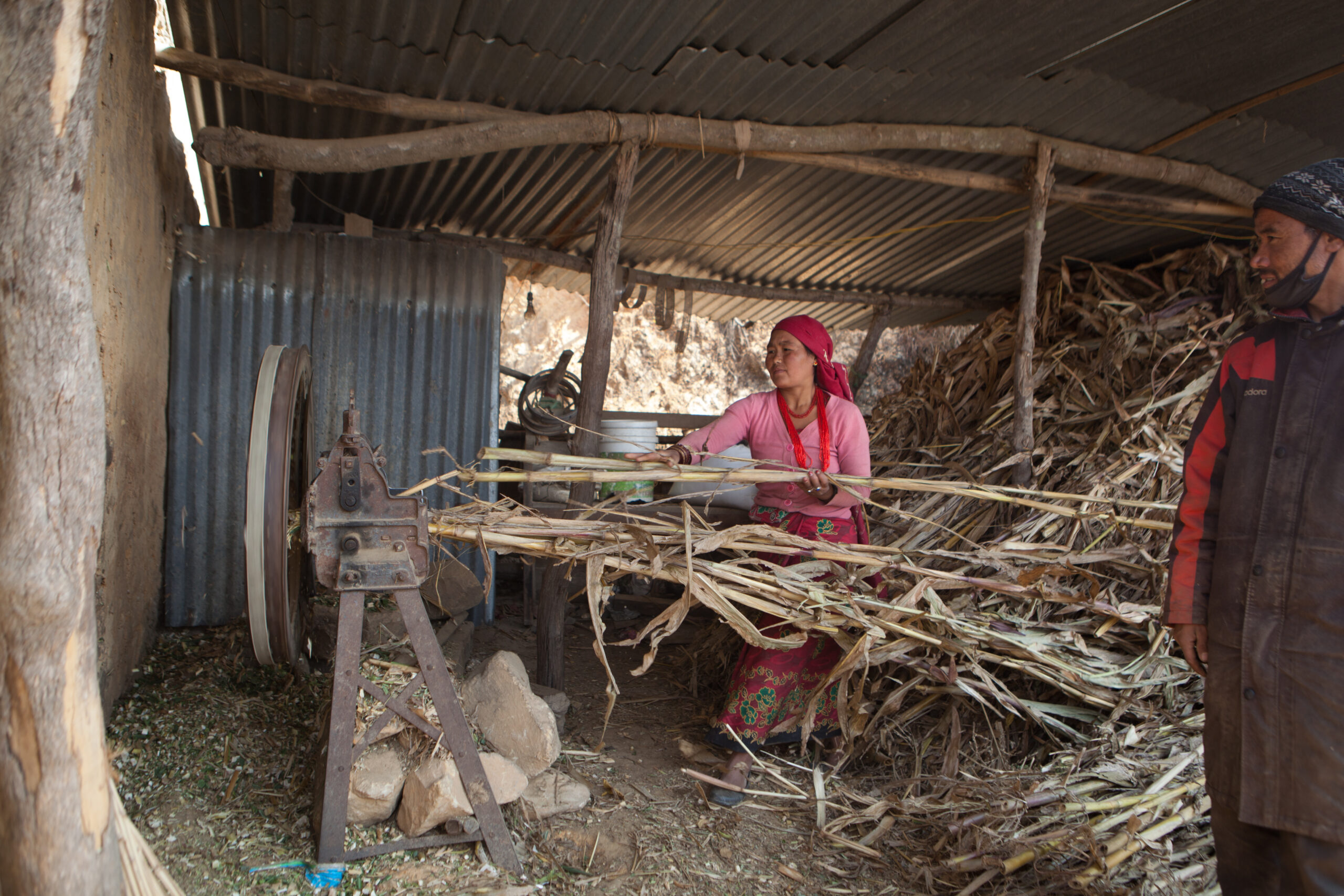
The blackbox of gender mainstreaming in the energy sector
In its 25 years of existence, gender mainstreaming in energy policies, institutions, programs and projects has been and still is an important part of ENERGIA’s work. But what is gender mainstreaming in the energy sector exactly? In short, gender mainstreaming is a tool or a process to correct the imbalance between women and men in…
-
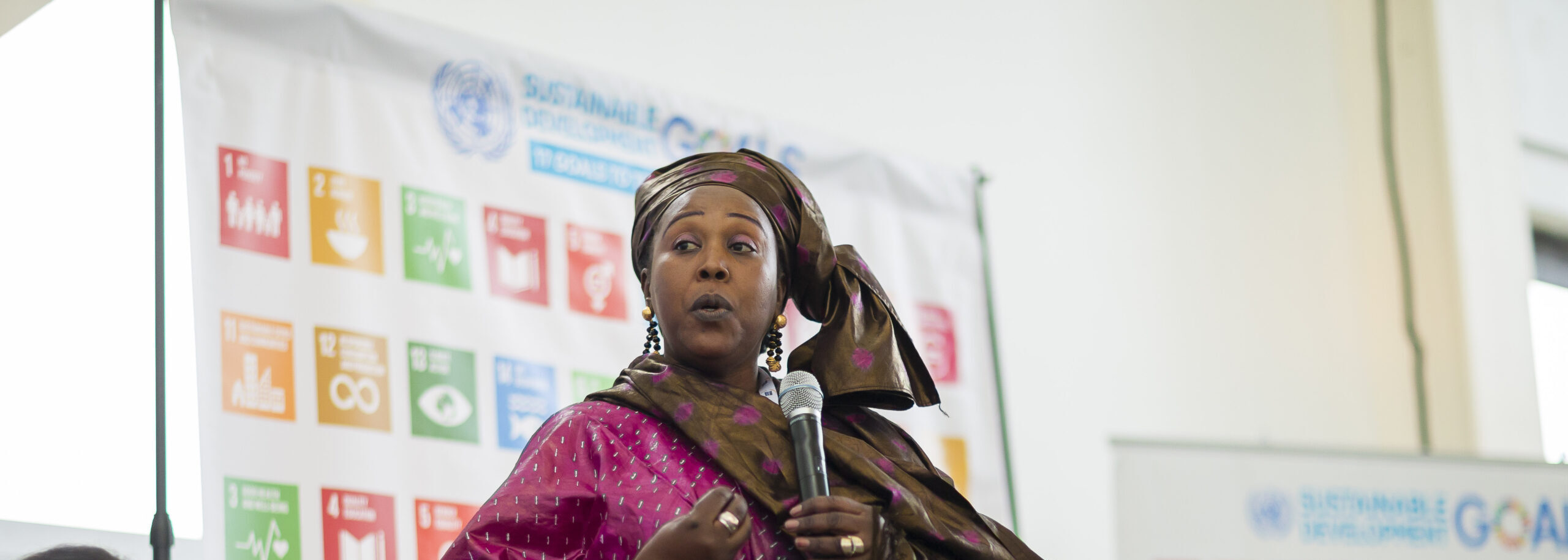
The beginning of a journey set out to make bold changes
What prompted a group of experts to build a network at the nexus of gender and energy? How did gender approaches change the energy sector? Prof Joy Clancy, one of the founding members of ENERGIA, looks at our work over the past 25 years, discussing the main accomplishments in terms of research, gender mainstreaming, advocacy…
-
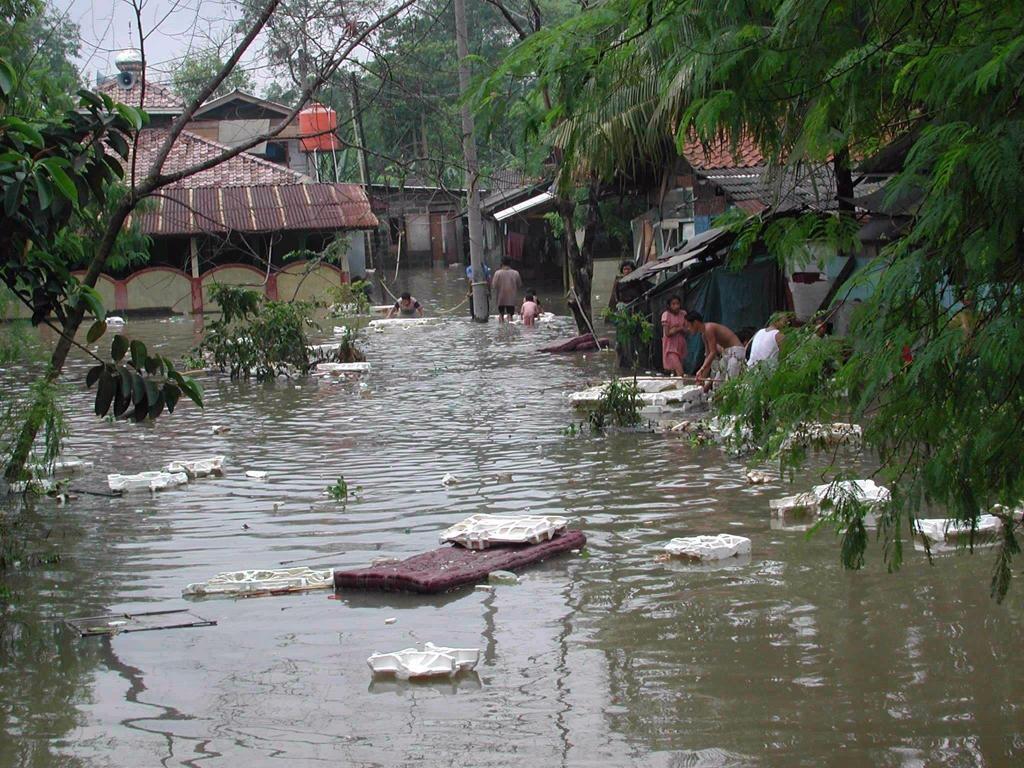
Call for Papers: Southeast Asia’s Road to Recovery – The Energy Context
This opportunity was originally published here: https://th.boell.org/en/2021/06/30/call-for-paper-energy Deadline for application: 6 August 2021 Heinrich Böll Stiftung (hbs) Southeast Asia Regional office is issuing this call for papers/analyses that examine the region’s energy landscape and policy responses to the pandemic around topics including, but not limited to: National and/or regional energy blueprints (or the lack…
-
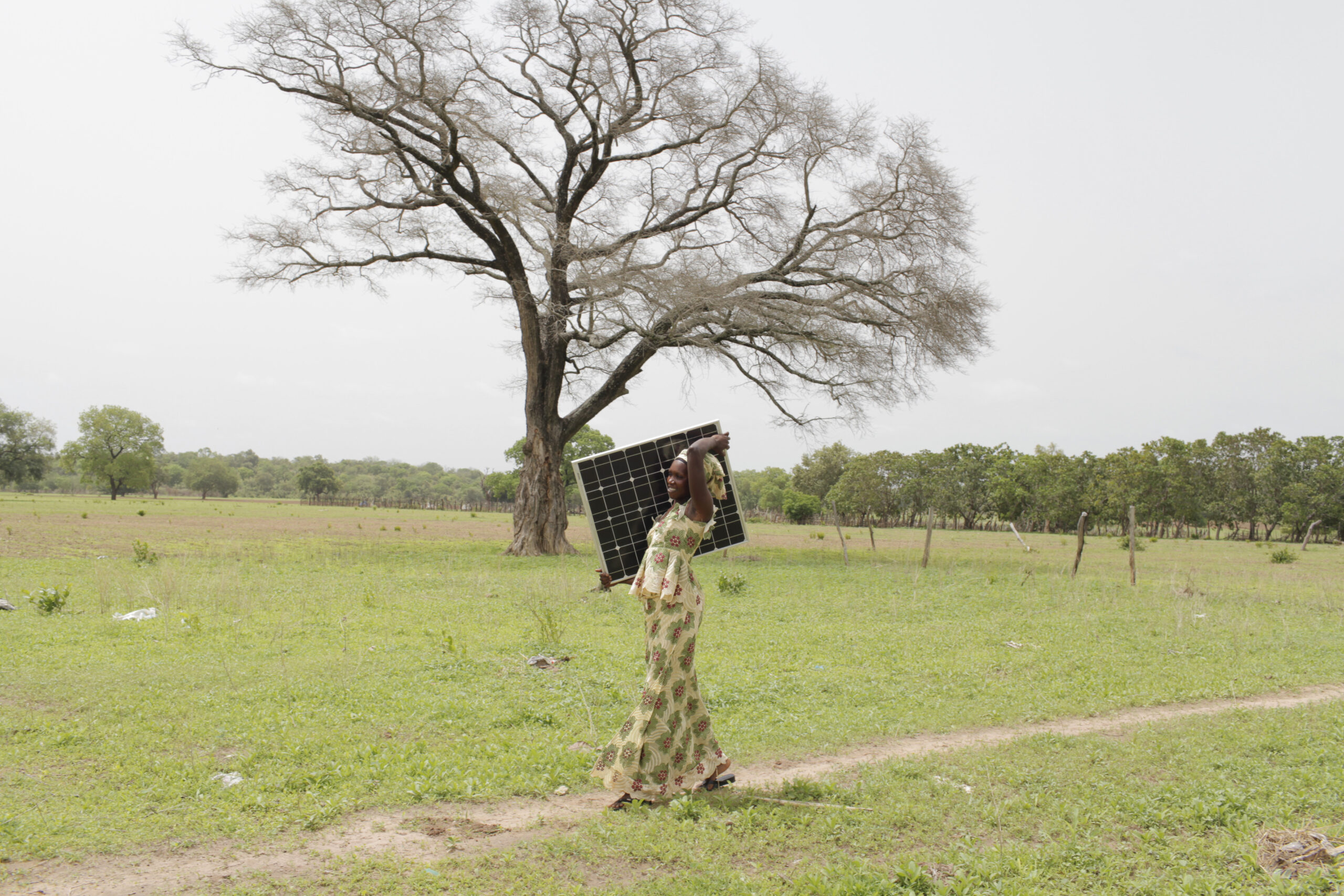
ENERGIA discusses gender inclusion during Ministerial-level Thematic Forums
UN Member States, NGOs, civil society, youth organizations and practitioners gathered last week for the Ministerial-level Thematic Forums, to discuss actions to promote and advance the achievement of the Sustainable Development Goal 7 and the Paris Agreement on climate change. The event offered an opportunity to outline challenges and encourage dialogue by bringing to the…
-
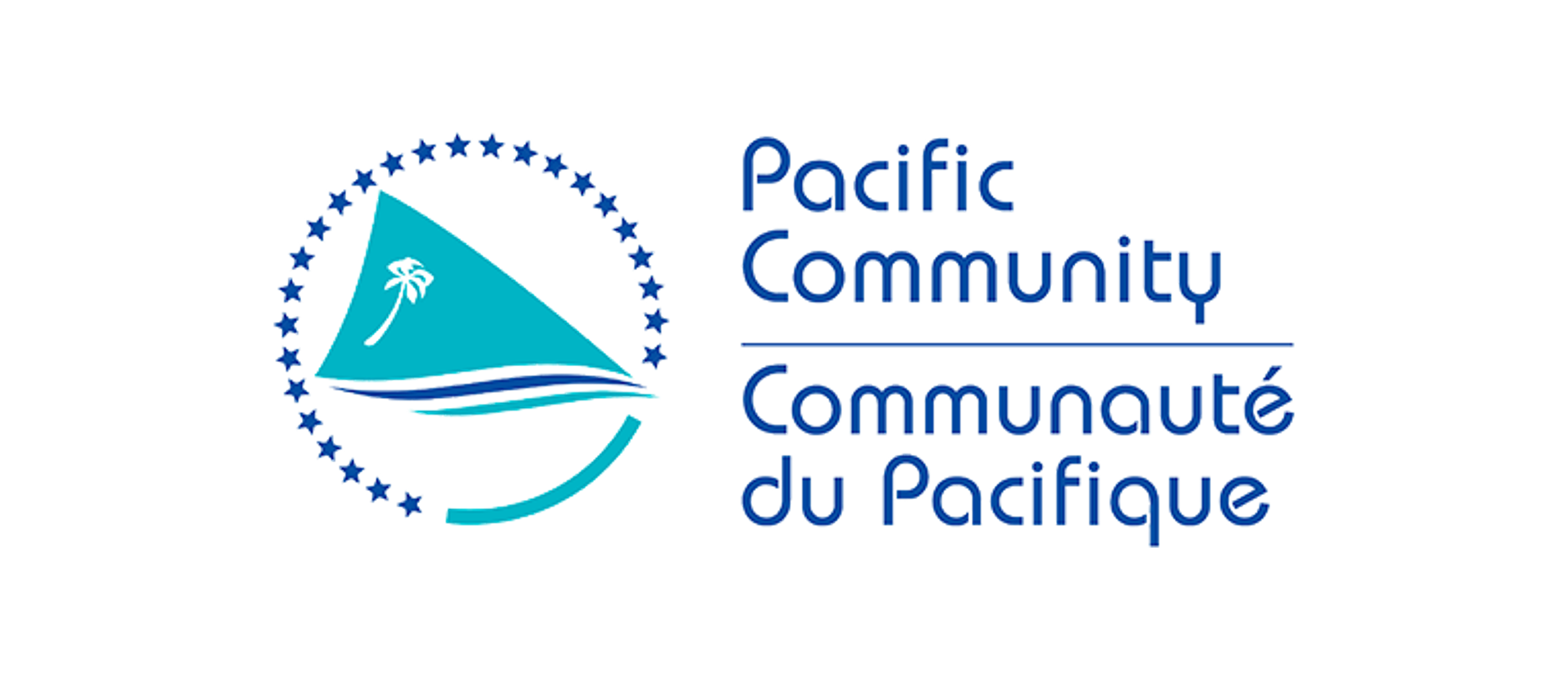
Consultancy to conduct gender equality, social inclusion and rights based analysis
The Pacific Community (SPC) would like to invite interested qualified bidders to submit quotations to Conduct gender equality, social Inclusion (GESI), and rights-based analysis of the National Energy frameworks in the Federated States of Micronesia and develop a GESI and Rights-based integration Plan for EU FSM Sustainable Energy Accompanying Measures (SEAM) Renewable Energy and Energy…
-
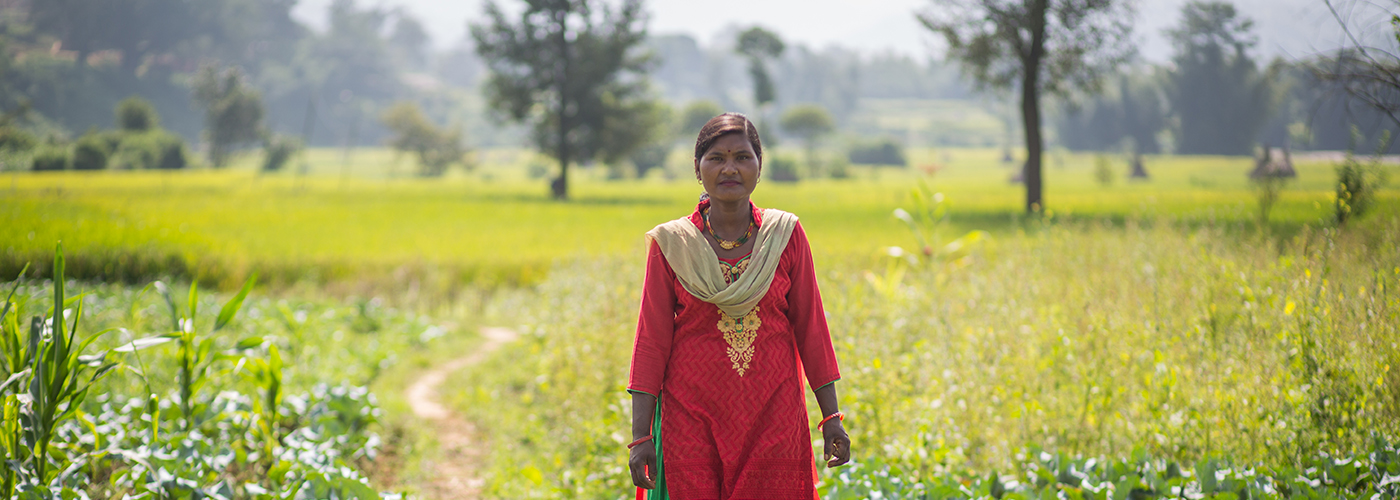
Call for Expressions of Interest on Gender and Energy Innovation – Introductory Webinar
Do you work in Nepal? Do you have an innovative idea to address gender challenges in energy access and/or clean cooking? Join our webinar on February 10 and find out how we could support you! Date: February 10, 2021 Time: 14:00 NPT | 09:15 CET To register, please send an e-mail to: ssartori@hivos.org, providing…
-
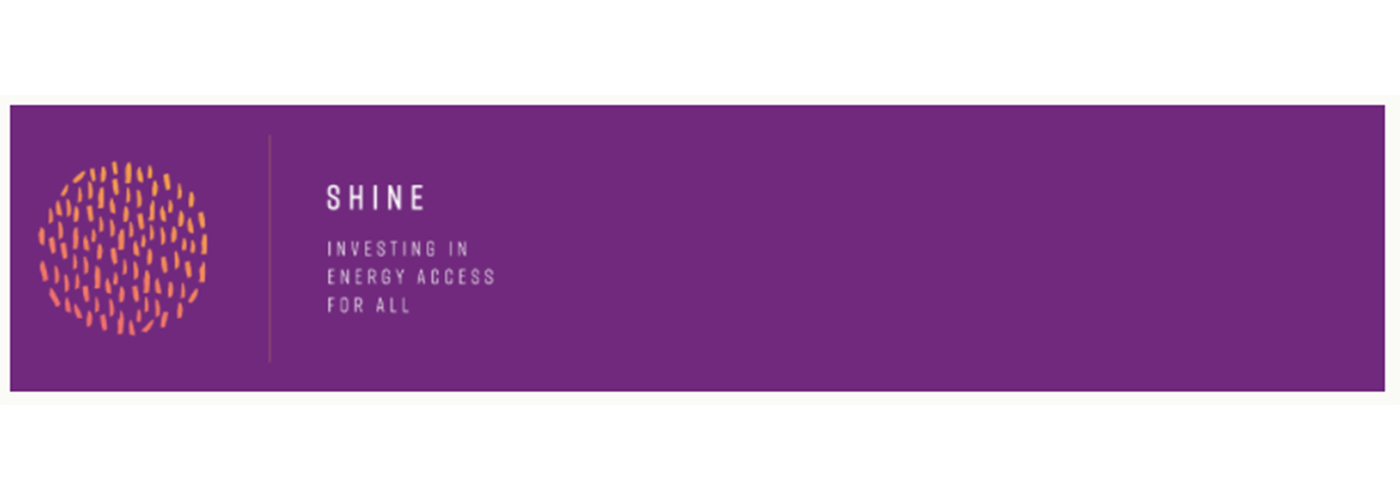
Examining Energy Access Enterprises Serving the Last Mile
Date: February, 4 Time: 9:30 AM EST Location: Virtual event. Register: Register to attend here. (CLOSED). The Shine Campaign is inviting you to join our community convening on 4 February at 9:30 AM EST for a conversation about Shine’s investment pipeline research and a discussion on funding and financing for decentralized renewable energy projects. Speakers include: Savitha…
-
The Green Climate Fund must change course to have a real impact on lives
Sulis Setiawati plucks some fresh vegetables from a field and smiles: “Thanks to the solar irrigation, farmers can now grow a range of fresh vegetables when in the past they had to survive from growing corn and maize.” She tells how farmers can now farm during the eight-month long dry season, giving a boost to…

